The development of oral language is one of the ‘s most natural – and impressive – accomplishments.
The Ramirez study of bilingual educational programs (Ramirez, 1992) found that in all the language programs studied (including immersion and early- and late-exit transitional programs), teachers tended to ask low-level questions.
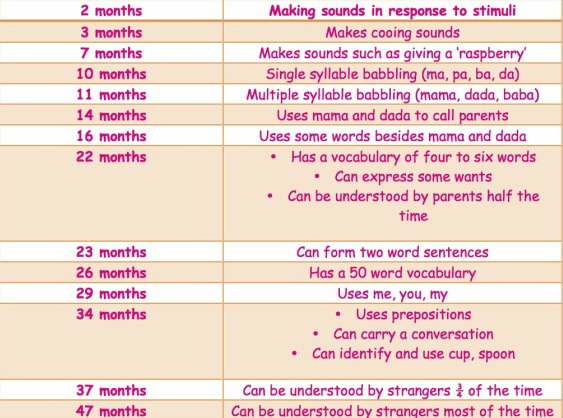
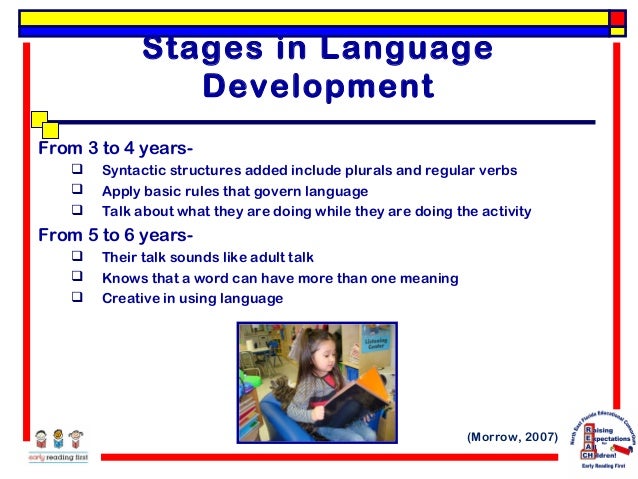
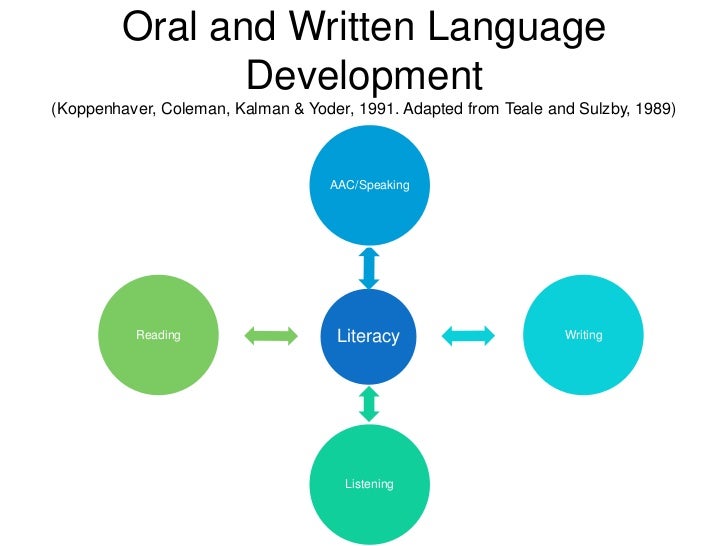
The Piaget stages of development is a blueprint that describes the stages of normal intellectual development, from infancy through adulthood. This includes thought, judgment, and knowledge.
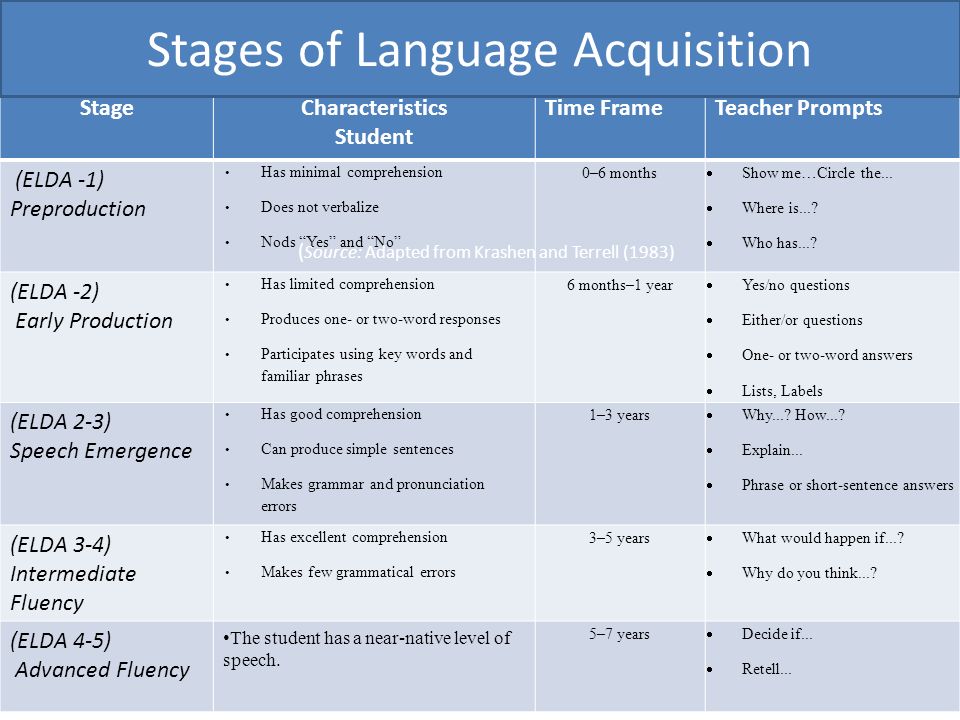
Language and communication skills are critical to a ’s development. Good communication makes them better able to engage in socialization and to learn from their environment and from formal classroom instruction.
Language development is a process starting early in human life. Infants start without knowing a language, yet by 10 months, babies can distinguish speech sounds and engage in babbling.
Infancy Language development begins before birth. Towards the end of pregnancy, a fetus begins to hear sounds and speech coming from outside the mother’s body.

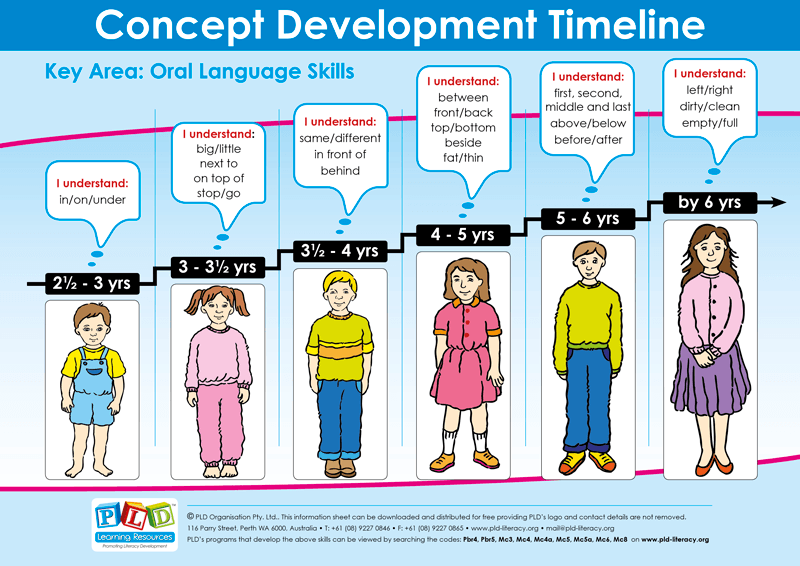
development stages are the theoretical milestones of development, some of which are asserted in nativist theories. This article discusses the most widely accepted developmental stages in ren.

The Stages of Reading Development is a continuum that explains how students progress as readers.These stages are based on the students’ experience and not their age or grade level.
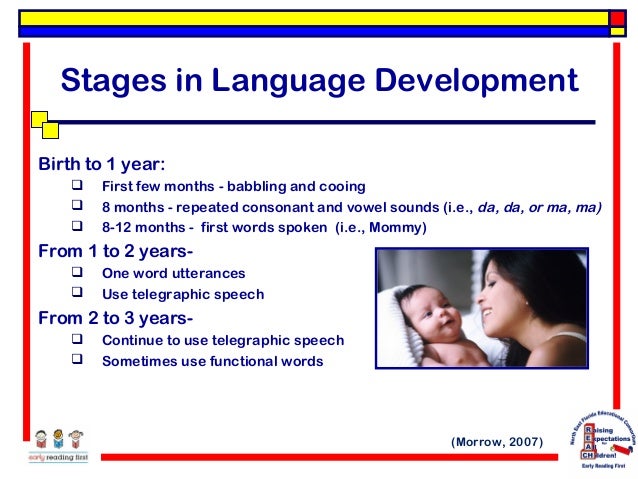

Getting Started. As a former elementary teacher in a bilingual college, I developed a love and passion for finding effective ways to support oral language and oral reading development of emerging English language learners (ELLs).
The information contained on this Web site should not be used as a substitute for the medical care and advice of your pediatrician. There may be variations in treatment that your pediatrician may recommend based on individual facts and circumstances.
